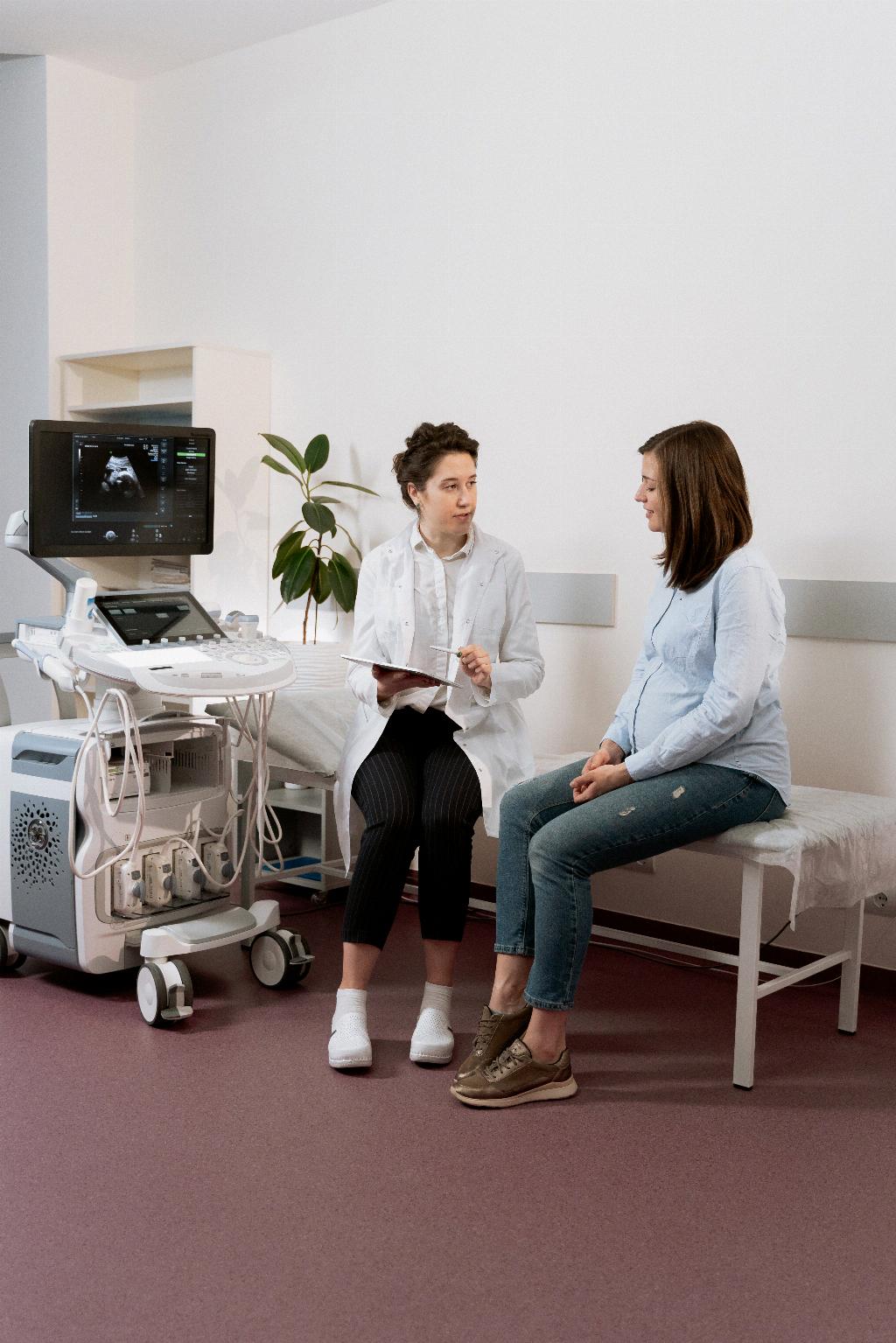When it comes to planning for pregnancy, it is crucial to pay attention to various aspects of your lifestyle, including your diet. One of the essential nutrients to consider is Vitamin A, a vital component for overall health and well-being. However, the question arises: Is Vitamin A safe to consume while trying to conceive?
The Two Types of Vitamin A
It is essential to distinguish between two forms of Vitamin A: retinol, which is primarily found in animal products, and beta-carotene, prevalent in fruits and vegetables. High doses of retinol, often present in liver and liver products, should be avoided while attempting to conceive due to potential risks.
The Safety of Beta-Carotene
On the other hand, beta-carotene, the form of Vitamin A found in plant-based foods, is considered safe for consumption during the conception phase. Fruits and vegetables rich in beta-carotene not only provide essential nutrients but also contribute to overall reproductive health.
Balancing Vitamin A Intake
While beta-carotene is safe and beneficial, maintaining a balanced intake of Vitamin A is crucial. By incorporating a variety of fruits and vegetables into your diet, you can ensure that you are meeting your nutritional needs without excessive consumption of retinol.
The Importance of Preconception Nutrition
Prior to conception, focusing on a nutrient-rich diet is essential for both partners. Adequate levels of Vitamin A, along with other vital nutrients, can support fertility and ensure a healthy pregnancy. Consultation with a healthcare provider or nutritionist can help create a personalized dietary plan.
Supplements and Vitamin A
When considering Vitamin A supplementation while trying to conceive, it is crucial to be cautious. Some prenatal vitamins may contain Vitamin A in the form of retinol, so it is advisable to check the ingredients and choose supplements that prioritize beta-carotene sources.
Avoiding Excessive Vitamin A
Excessive intake of Vitamin A, particularly in the form of retinol, can have adverse effects on pregnancy and fetal development. It is recommended to stay within the recommended daily allowances and focus on obtaining Vitamin A from natural food sources.
Consultation with Healthcare Professionals
For individuals with specific dietary concerns or medical conditions, seeking guidance from healthcare professionals is paramount. A healthcare provider can offer tailored advice on Vitamin A intake based on individual needs and potential risks.
Monitoring and Adjusting Dietary Intake
Throughout the preconception phase and pregnancy journey, monitoring your dietary intake of Vitamin A can help ensure a healthy balance. Regularly evaluating your diet and making adjustments as needed can contribute to optimal reproductive health.
Embracing Nutrient-Dense Foods
Emphasizing a diet rich in nutrient-dense foods, including those abundant in beta-carotene, can benefit both preconception health and overall well-being. By incorporating a rainbow of fruits and vegetables, you can support your fertility goals.
Final Thoughts on Vitamin A and Conception
In conclusion, Vitamin A plays a vital role in preconception health, but the type and source of this nutrient are crucial considerations. While beta-carotene from fruits and vegetables is generally safe, avoiding excess retinol from animal products is advisable. By maintaining a balanced diet and seeking guidance from healthcare professionals, you can optimize your Vitamin A intake while trying to conceive.

